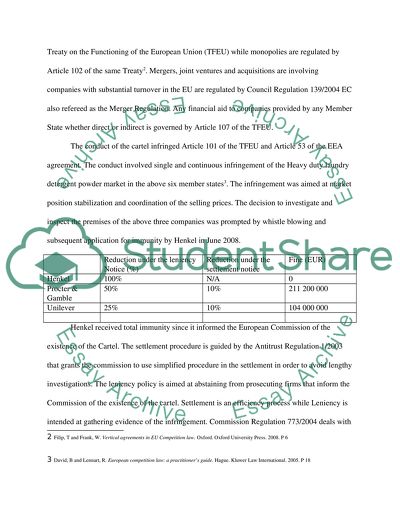Cite this document
(“EU Competition law and Cartels Essay Example | Topics and Well Written Essays - 2500 words”, n.d.)
Retrieved from https://studentshare.org/law/1398666-competetion-law
Retrieved from https://studentshare.org/law/1398666-competetion-law
(EU Competition Law and Cartels Essay Example | Topics and Well Written Essays - 2500 Words)
https://studentshare.org/law/1398666-competetion-law.
https://studentshare.org/law/1398666-competetion-law.
“EU Competition Law and Cartels Essay Example | Topics and Well Written Essays - 2500 Words”, n.d. https://studentshare.org/law/1398666-competetion-law.


